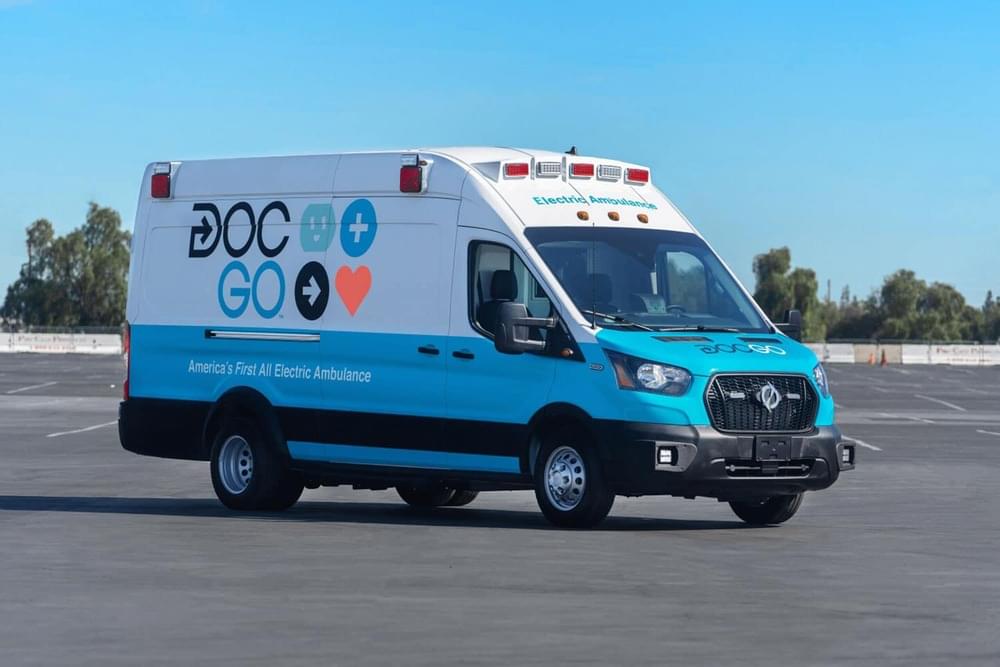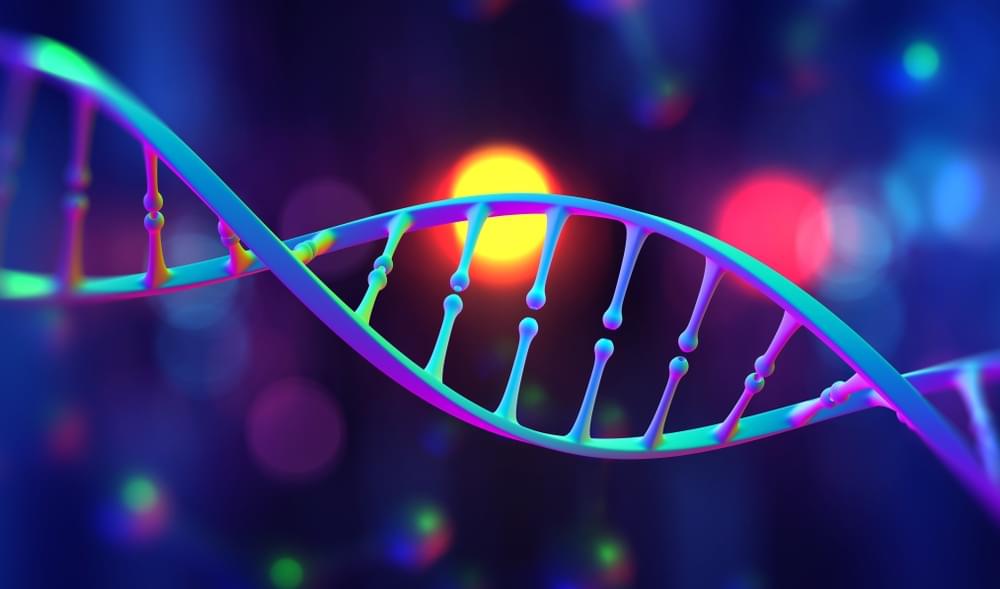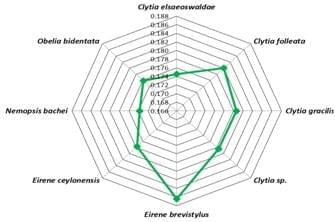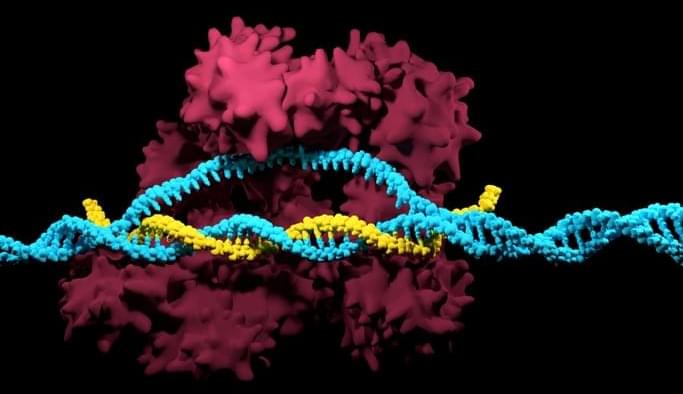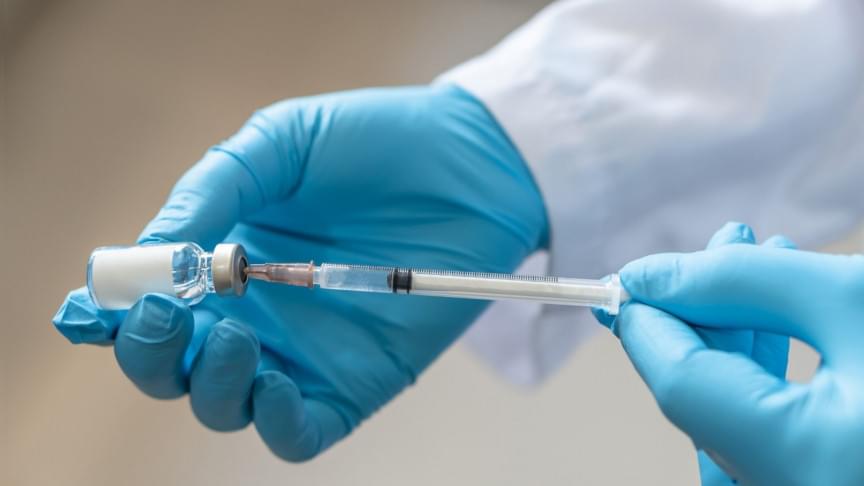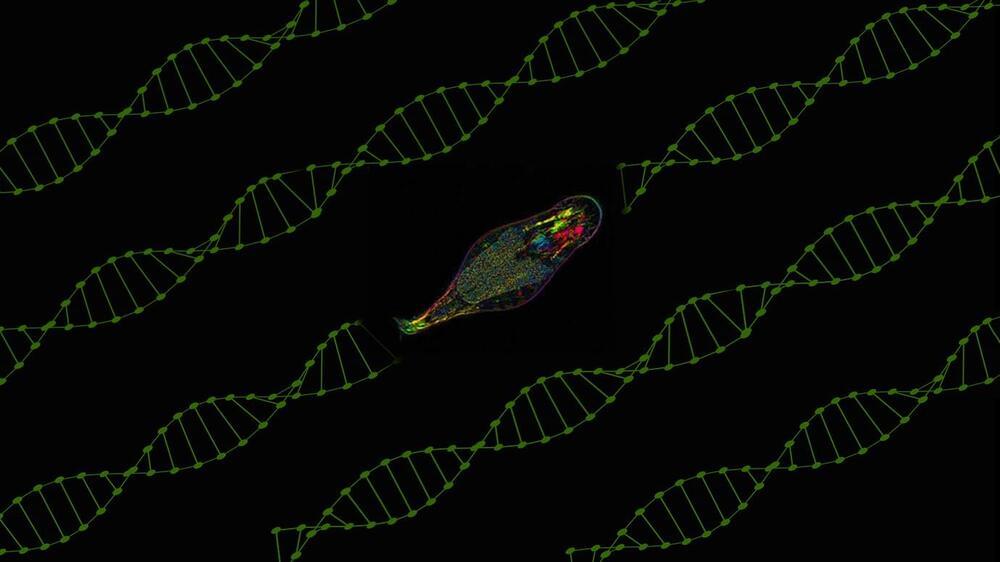Mar 16, 2022
DocGo unveils first all-electric, zero-emission ambulance in the U.S.
Posted by Shubham Ghosh Roy in categories: biotech/medical, health, transportation
The last-mile mobile health services provider, DocGo, has announced the delivery of its new all-electric, zero-emissions ambulance that eliminates the pollution of a standard gasoline ambulance.
The all–electric vehicle will be the first of its kind to be registered in the U.S. The new vehicle has been developed in partnership with Leader Emergency Vehicles in South El Monte, CA, and marks the first step towards “Zero Emission,” the company’s latest sustainability mission to have an all-electric fleet by 2032.
DocGo stated that its new vehicle produces 1/10th of the pollutants expelled by a standard gas-powered ambulance. In addition to being less harmful to the planet, the electric ambulance has the potential to lower patient transportation costs due to lower fuel costs and maintenance needs.
